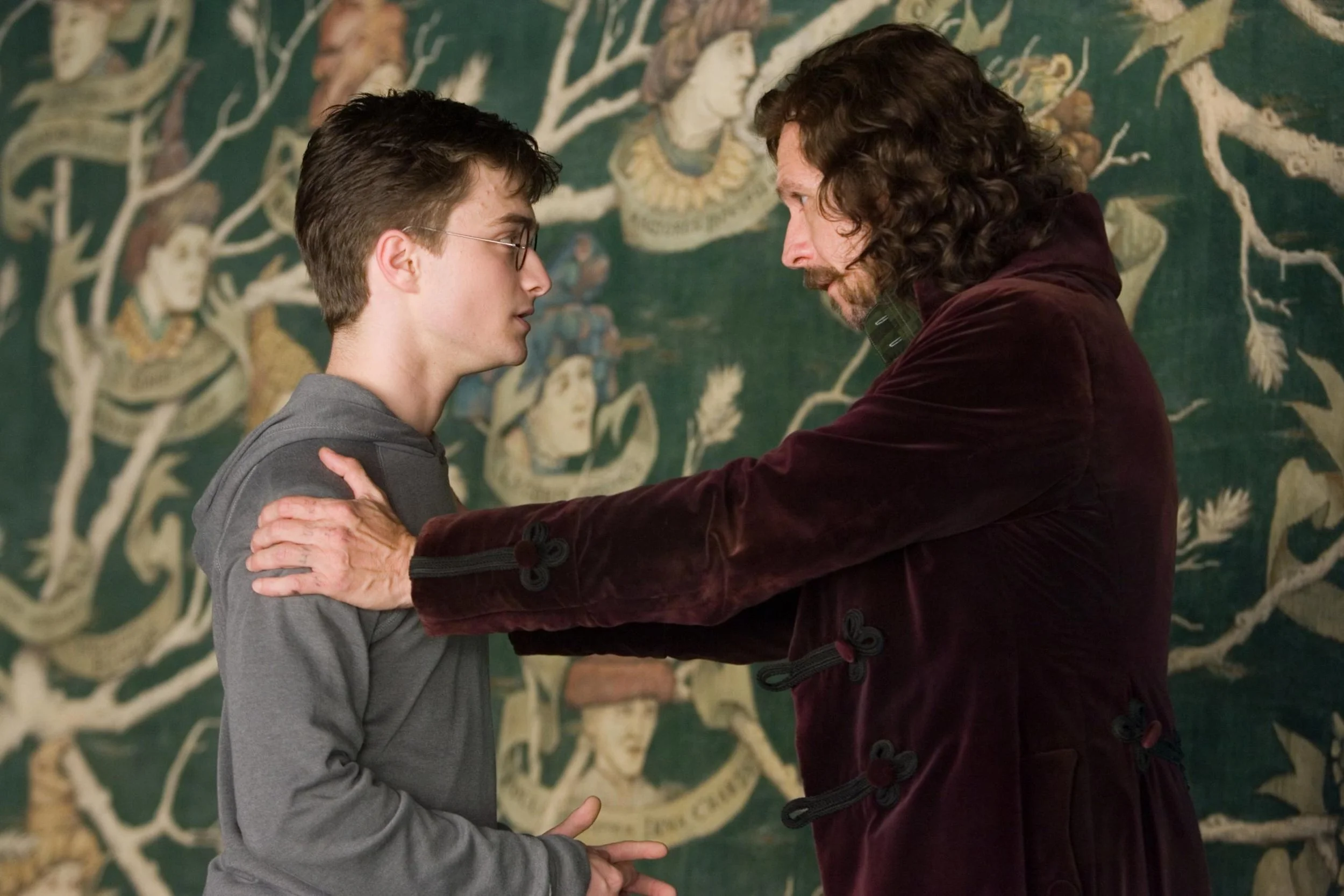Chosen Family, Identity, and Belonging: What "Harry Potter" Teaches Us About Adoption
As an adoption therapist who works with adoptees and adoptive families—and as someone who grew up with Harry Potter—I often reflect on the powerful themes of family, identity, and belonging woven throughout the series. While Harry Potter isn’t a story about adoption in the literal sense, it offers rich opportunities to explore adoption and identity through the lens of fantasy.
Before diving in, I want to acknowledge that while J.K. Rowling is the creator of the wizarding world, I do not share or support many of her public views, especially those that have been harmful to the LGBTQIA+ community. I choose to engage with the story in a way that centers inclusion, compassion, and mental health—values that are essential in my practice and in life.
Now, let’s grab our metaphorical wands and dig into some of the adoption-relevant themes that show up in the wizarding world.
The Search for Identity
Harry is raised by relatives who treat him with cruelty and exclusion. He grows up with questions about who he is and where he came from—an experience many adoptees relate to. When Harry learns the truth about his parents and his magical heritage, it’s a revelation that unlocks a deeper sense of self. But it’s not the whole story.
Like many people who have been adopted, Harry doesn’t just want facts—he wants emotional truth, connection, and context. He seeks out stories about his parents. He tries to understand where he fits in this new world. He wrestles with questions like Am I like them? Would they be proud of me? Who am I becoming?
This mirrors the very real identity exploration that can come with adoption, especially in adolescence and young adulthood. Adoption therapy can offer a safe space to explore these questions in depth, honoring the complexity and nuance involved in adoption and identity work.
Harry Potter and his godfather Sirius Black
Chosen Family and Belonging
From the moment Harry steps onto Platform 9¾, he begins forming a chosen family—people who accept, protect, and love him for who he is. The Weasleys welcome him with warmth and without condition. Sirius Black, Harry’s godfather, becomes a symbol of what family can look like when it’s rooted in love and loyalty, not biology or obligation.
For adoptees or people who come from painful family dynamics, this idea of chosen family can be healing and empowering. It reminds us that family isn’t just about blood—it’s about mutual care, safety, and shared values. In therapy for adoptees, we often explore what it means to create healthy, intentional relationships that offer that same sense of belonging.
Loss, Grief, and Complex Emotions
Adoption is often born out of loss—whether that’s the loss of a first family, a culture, or a sense of continuity. Harry’s story is shaped by profound early loss, and while he rarely talks about it directly, we see it impact him deeply. He grieves in quiet moments. He imagines conversations with his parents. He struggles with anger, guilt, and longing.
Sirius, too, represents both hope and heartbreak. His relationship with Harry is beautiful and deeply meaningful—but it is also short-lived. This echoes the bittersweet reality many adoptees and adoptive families face: the joy of connection may live side by side with adoption grief over what’s been lost.
In adoption therapy, it’s vital to make space for these complex and sometimes contradictory feelings. We don’t have to “fix” the sadness. We can honor it, sit with it, and find ways to integrate it into a fuller story of healing.
Breaking Generational Cycles
Throughout the series, characters grapple with legacies left by the families they come from. Harry chooses to break free from the patterns of neglect and abuse he endured with the Dursleys. He becomes a protective, emotionally attuned father—a powerful example of healing and growth.
This theme resonates with many adoptees and adults who are navigating what it means to build something different from what they grew up with. It’s a reminder that while our pasts shape us, they do not define us. We have the power to write a new story—one that breaks cycles of adoption trauma and reclaims personal agency.
Why It Matters
Pop culture stories like Harry Potter can be more than just entertainment—they can be mirrors, metaphors, and conversation starters. When we see parts of our own experience reflected in beloved characters, it helps us feel seen. And that’s incredibly powerful.
If you or someone you love is navigating mental health and adoption, adoption grief, or identity questions as an adoptee, adoption therapy can be a helpful and healing space to unpack those experiences. As a therapist and fellow nerd, I welcome that journey with compassion, curiosity, and maybe a few fandom references along the way.
Interested in exploring these themes in therapy? Reach out to schedule an appointment—I’d be honored to walk alongside you.
Related Articles: Adoption in This Is Us: A Groundbreaking Representation of Family, Identity, and Belonging
The 7 Core Issues in Adoption: Understanding the Impact on the Adoption Constellation
Common Misconceptions About Infant Adoption: A Mental Health Perspective
Why We Cry Over Fictional Deaths: The Science of Emotional Attachment in Fandom



